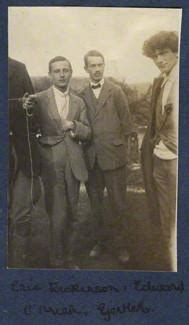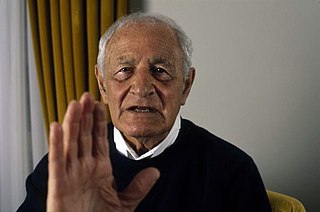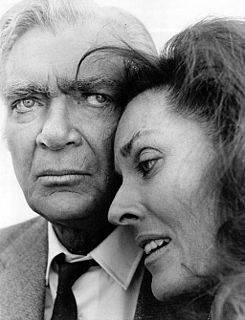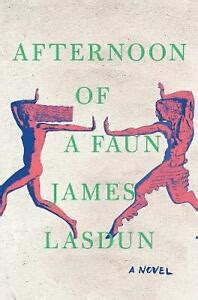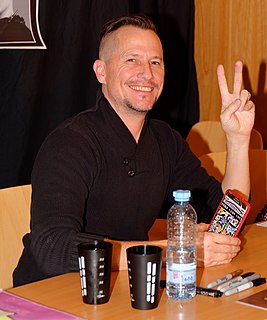A Quote by Edward Joseph Harrington O'Brien
If you do not have an alert and curious interest in character and dramatic situation, if you have no visual imagination and are unable to distinguish between honest emotional reactions and sentimental approaches to life, you will never write a competent short story.
Related Quotes
Once we remember that all that takes place during the first days of life on the emotional level shapes the patterns of all future reactions , we cannot but wonder why such a torture has been inflicted on the child. How could a being who has been aggressed in this way, while totally helpless, develop into a relaxed, loving, trusting person? Indeed, he will always never be able to trust anyone in life. He will always be on the defensive, unable to open up to others and to life.
It's often hard to determine, especially in early drafts, whether or not a story has a bona fide complication. Remember this: A complication must either illuminate, thwart, or alter what the character wants. A good complication puts emotional pressure on a character, promoting that character not only to act, but to act with purpose.If the circumstance does none of these things, then it's not a complication at all - it's a situation. This situation, or setup, might be interesting or even astonishing, but it gives the story no point of departure.
From this day forward, Flight Control will be known by two words: "Tough" and "Competent." Tough means we are forever accountable for what we do or what we fail to do. We will never again compromise our responsibilities. Every time we walk into Mission Control we will know what we stand for. Competent means we will never take anything for granted. We will never be found short in our knowledge and in our skills.
I'll give you the sole secret of short-story writing, and here it is: Rule 1. Write stories that please yourself. There is no rule 2. The technical points you can get from Bliss Perry. If you can't write a story that pleases yourself, you will never please the public. But in writing the story forget the public.
Maybe I'm perverse, but the question of "rooting" for a character, or setting out to write a character for whom other people will root, has never had anything to do with why I read or write fiction. As long as the writing and story remain alive, intense, invigorating, provoking, the characters can be as demonic or saintly as the author wants.
